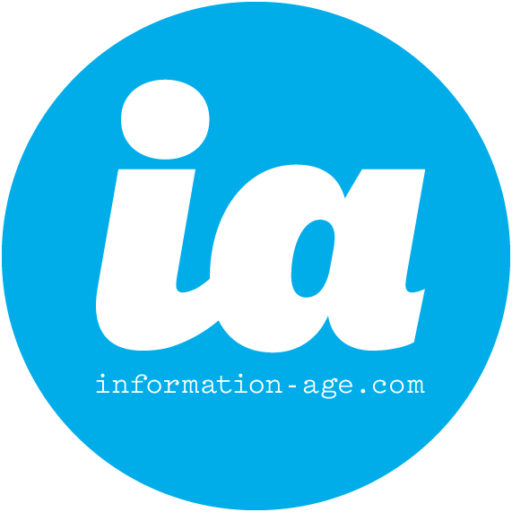Virtualisation has been a recurring theme in the M&A listings for many months now, as companies either buy their way into the booming market or build up their virtualisation arsenals.
Last month, software provider Novell got its hands on PlateSpin, paying $205 million for the five-year-old, Canada-based start-up whose technology helps organisations manage their increasingly complex virtual environments.
Many companies are finding that, although they are able to achieve significant cost-savings, flexibility and capacity improvements from virtualisation, the ease with which they can roll out virtual environments has created a whole new set of systems management challenges.
Tools that help to keep order in virtual environments and help to contain the phenomenon known as ‘virtual sprawl‘ are now a hot commodity. Some analysts predict that, in the virtualisation area, the real money to be made in coming years is in management tools.
PlateSpin’s technology “allows customers to monitor and analyse what to virtualise, provides the tools to seamlessly virtualise and unvirtualise workloads, automates the management of workloads and provides the leading open-source platform from which to run virtualised work,” boasts Novell CEO Ron Hovsepian. Around 4,500 customers are already using PlateSpin to address some of those issues.
The technology is a cornerstone of a two-pronged strategy by Novell to re-centre its business around Linux and IT management software. Last month it also acquired SiteScape, the founder of the ICEcore open-source collaboration software project.
That team will be the kernel for a set of new Web 2.0 collaboration offerings that combine real-time messaging, conferencing and IP voice calling, along with workspaces, social networking, blogs and wikis.
Elsewhere in the virtualisation race, Sun Microsystems jumped on Innotek, a German open-source virtualisation start-up specialising in desktop virtualisation. Its VirtualBox platform enables desktop or laptop PCs operating under Windows, Linux, Mac or Sun Solaris to run multiple different operating systems side by side, with users able to switch between them with a click of the mouse.
While there is no indication of the price paid for Innotek, Swedish database software company MySQL cost Sun $1 billion, indicating the company’s desire to emerge from its current buying spree as a major systems software vendor.
Further reading
Virtualisation creates confusion – A survey by business and IT consultancy Morse found that 67% of the large companies which had deployed virtualisation technologies have no idea how many virtual machines they were running










